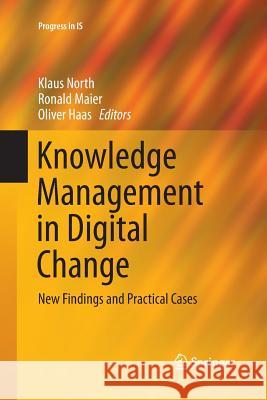Knowledge Management in Digital Change: New Findings and Practical Cases » książka
topmenu
Knowledge Management in Digital Change: New Findings and Practical Cases
ISBN-13: 9783030088095 / Angielski / Miękka / 2018 / 394 str.
Kategorie:
Kategorie BISAC:
Wydawca:
Springer
Seria wydawnicza:
Język:
Angielski
ISBN-13:
9783030088095
Rok wydania:
2018
Wydanie:
Softcover Repri
Ilość stron:
394
Waga:
0.57 kg
Wymiary:
23.39 x 15.6 x 2.13
Oprawa:
Miękka
Wolumenów:
01
Dodatkowe informacje:
Wydanie ilustrowane











